While American sports hasn’t really ever been immune to politics, they are a kind of cultural touchstone that brings people together regardless of political affiliations. But in 2018, the sports world has become highly politicized — whether it’s NFL players protesting social injustice or Olympic skater Lindsey Vonn saying she’d refuse a trip to the White House.
The NBA may be the most political of the major sports leagues. The 2017 champion Golden State Warriors were disinvited to the White House by President Donald Trump after Steph Curry questioned whether he’d make the customary visit. The league’s brightest star, LeBron James, has been an outspoken critic of the president, calling him a “bum.”
While some attribute the NFL’s decline in TV ratings to its player protests, the politicization of the NBA hasn’t affected its popularity. The NBA is currently enjoying some of its best ratings in years.
A recent story in The Washington Post revealed that not all NBA fans are happy with the league’s politicization. Some San Antonio Spurs fans have had it with coach Gregg Popovich’s rants against Trump. “I am completely turned off. After all those years supporting the team, and now I just have no interest,” long-time Spurs fan Cassandra Casanova told the Post. “Popovich really messed up.”
“I often curse [Popovich] for doing what he did,” Bob Mulherin, a Spurs fan for more than 25 years, also told the Post. “He insulted more than half of the Spurs’ fan base, and no sign whatsoever of an apology.”
Popovich graduated from the Air Force Academy and spent active duty time as an intelligence officer in Eastern Europe. He’s called Trump “embarrassing” and said that “you can’t believe anything that comes out of his mouth.”
Popovich has also expressed concern that Trump’s policies may endanger women and people of color. “I’m a rich white guy, and I’m sick to my stomach thinking about it. I can’t imagine being a Muslim right now or a woman or an African-American, a Hispanic, a handicapped person, how disenfranchised they might feel,” he told reporters after the 2016 election. “And for anyone in those groups that voted for him, it’s just beyond my comprehension how they ignore all that.”
Popovich responded to The Washington Post article in a press conference on Monday, April 16.
Gregg Popovich on the Washington Post story about some Spurs fans being turned off by his political comments pic.twitter.com/dP7uARhxmu
— Anthony Slater (@anthonyVslater) April 17, 2018
“The Washington Post cares about what’s going on in San Antonio?” Popovich asked reporters. “Wow, OK, go ahead, I’m still trying to process that.” The reporter then asked if he was concerned about the article or if his views have caused any trouble within the Spurs organization. “Let me answer your first question quickly. No, I don’t care about that, an article that anybody might write, except if you wrote one,” Popovich joked. “The organization has never said a word about any opinions that I might have, about anything, not one time.”
In a democracy that thrives on differences of opinion, no one should ever be pressured to remain silent — including America’s athletes. But there’s nothing wrong with hoping America’s sports don’t become so politicized they stop doing what they do best: bringing Americans together of all races, socio-economic statuses, and worldviews to root for the same team.






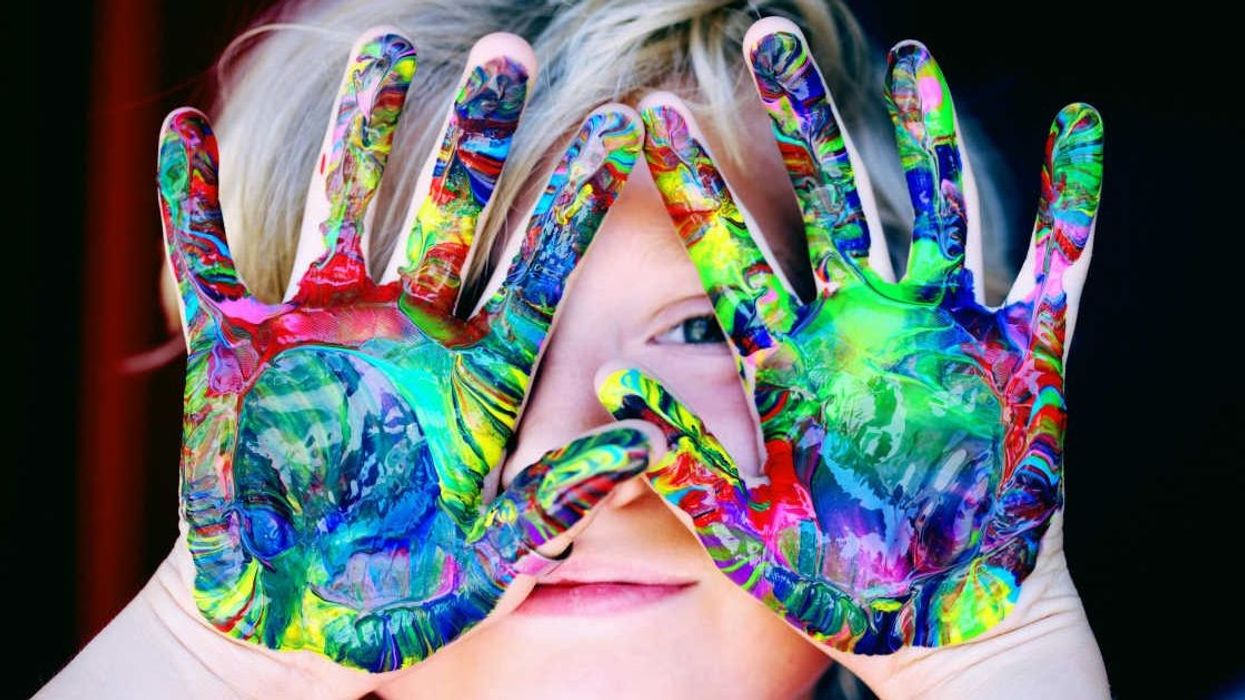

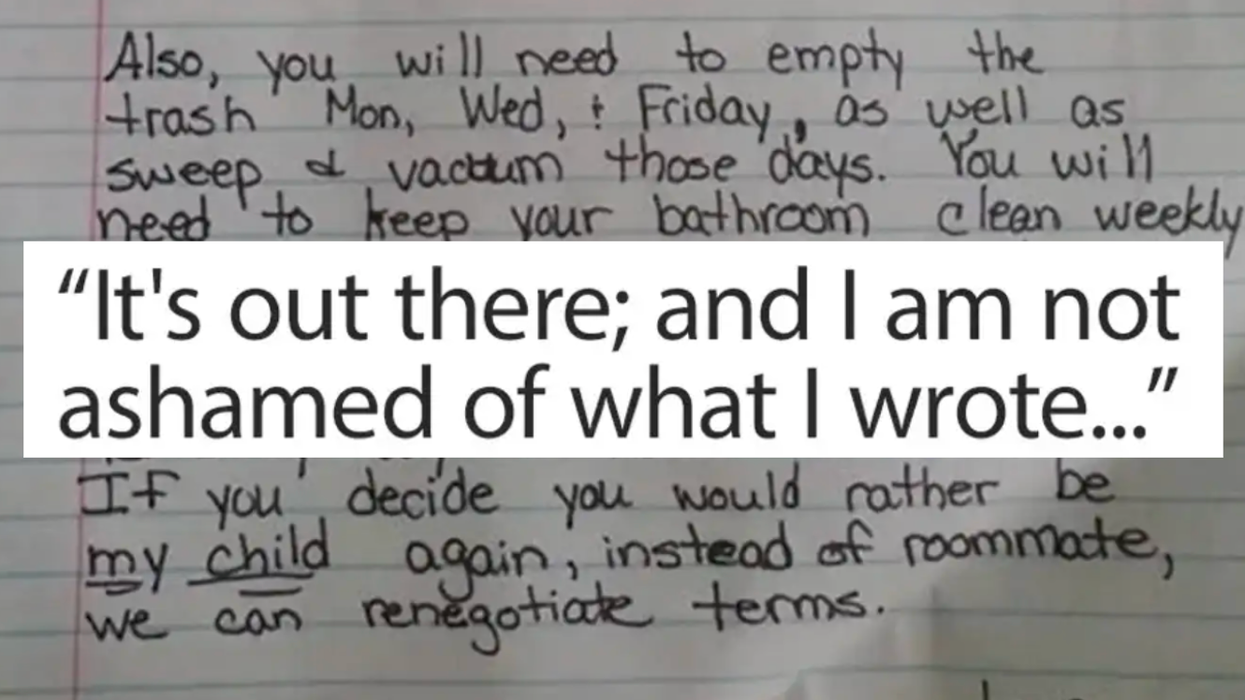
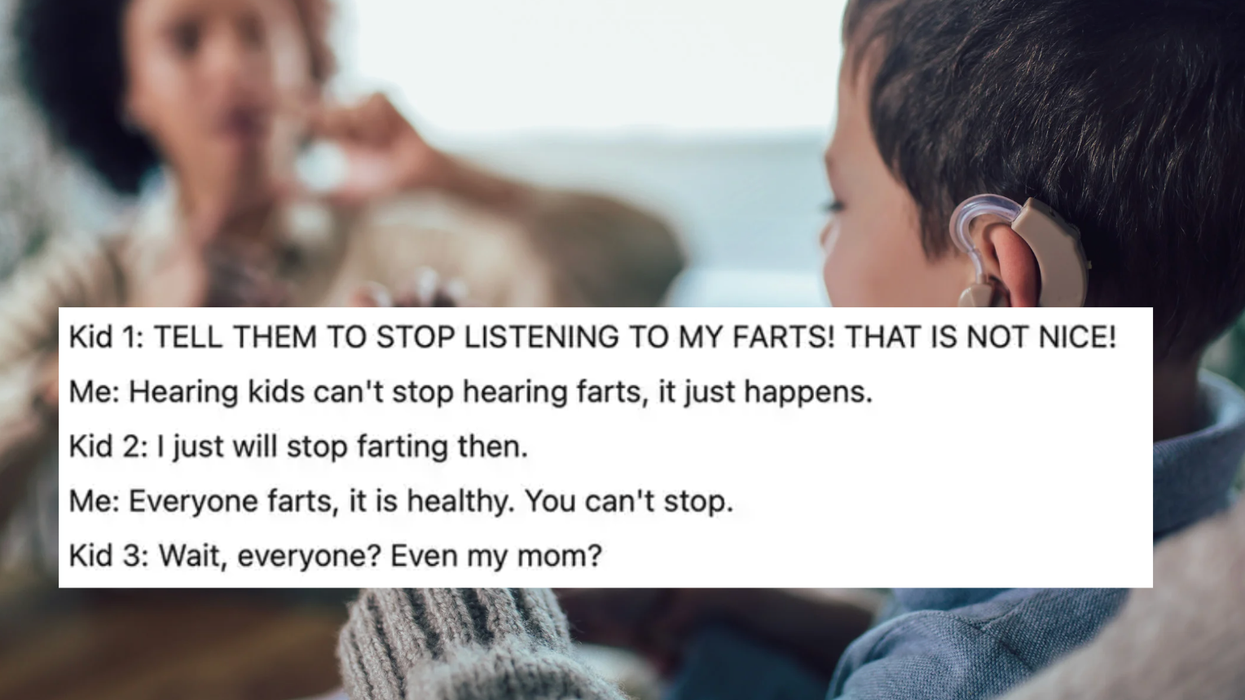







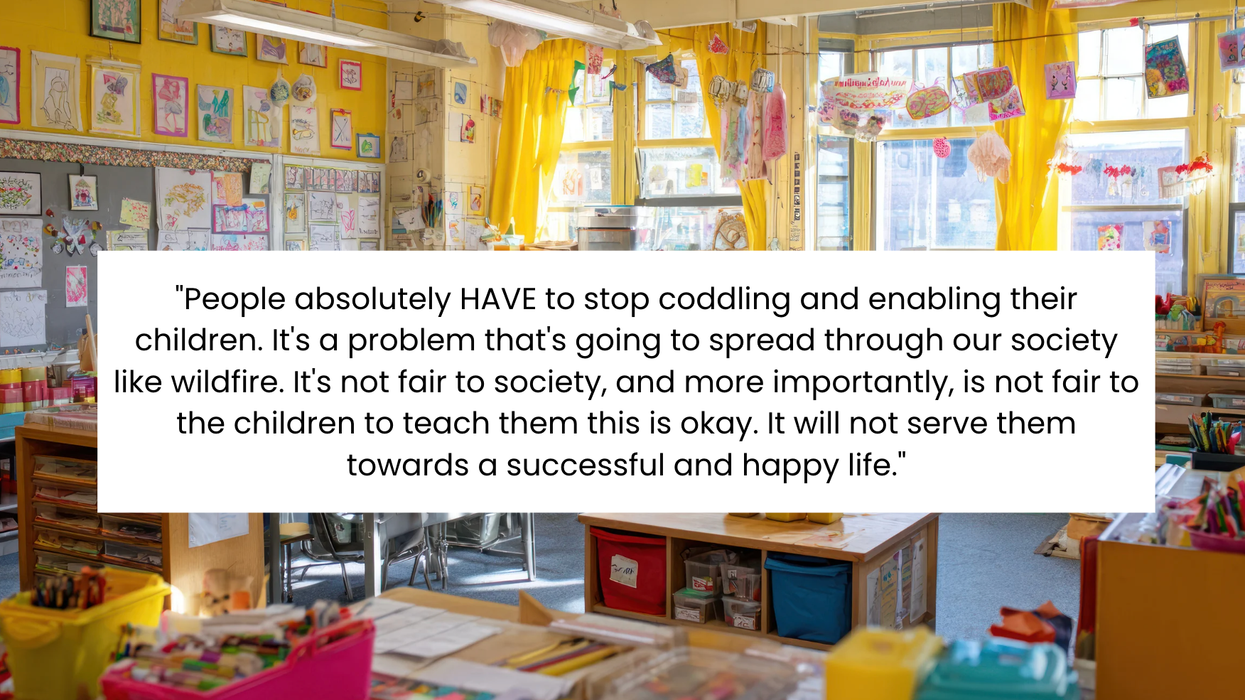
 A real estate agent talks with a young coupleCanva
A real estate agent talks with a young coupleCanva A frustrated school teacher takes a breakCanva
A frustrated school teacher takes a breakCanva A young girl plays around in her messy roomCanva
A young girl plays around in her messy roomCanva
 Image of the floral dress with the risque images circled
Image of the floral dress with the risque images circled 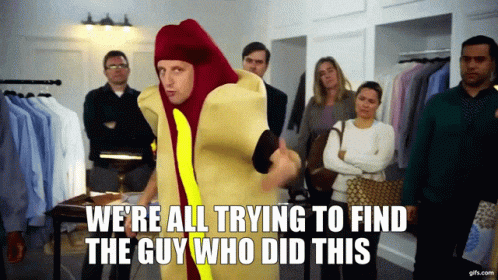 Gif of Tim Robinson via
Gif of Tim Robinson via 
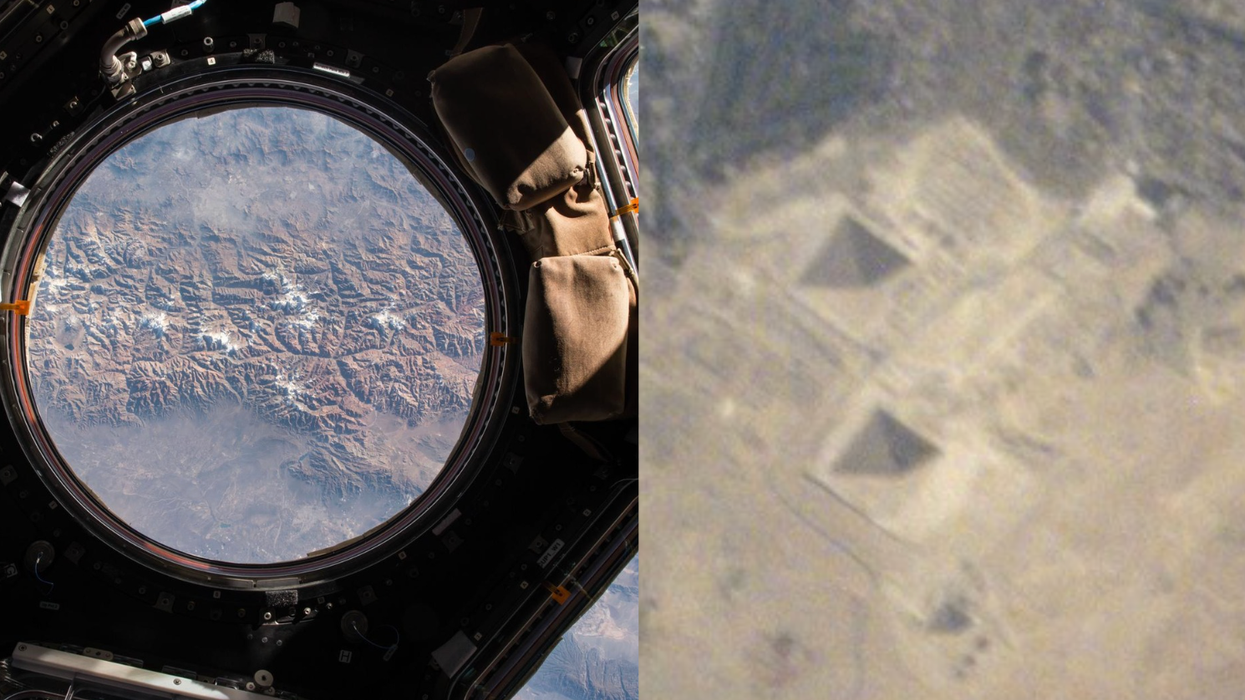

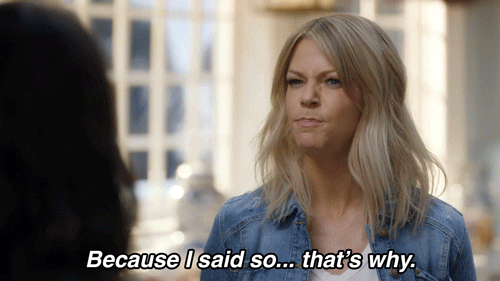 Gif of Kaitlin Olson saying "Because I said so ... that's why" via
Gif of Kaitlin Olson saying "Because I said so ... that's why" via 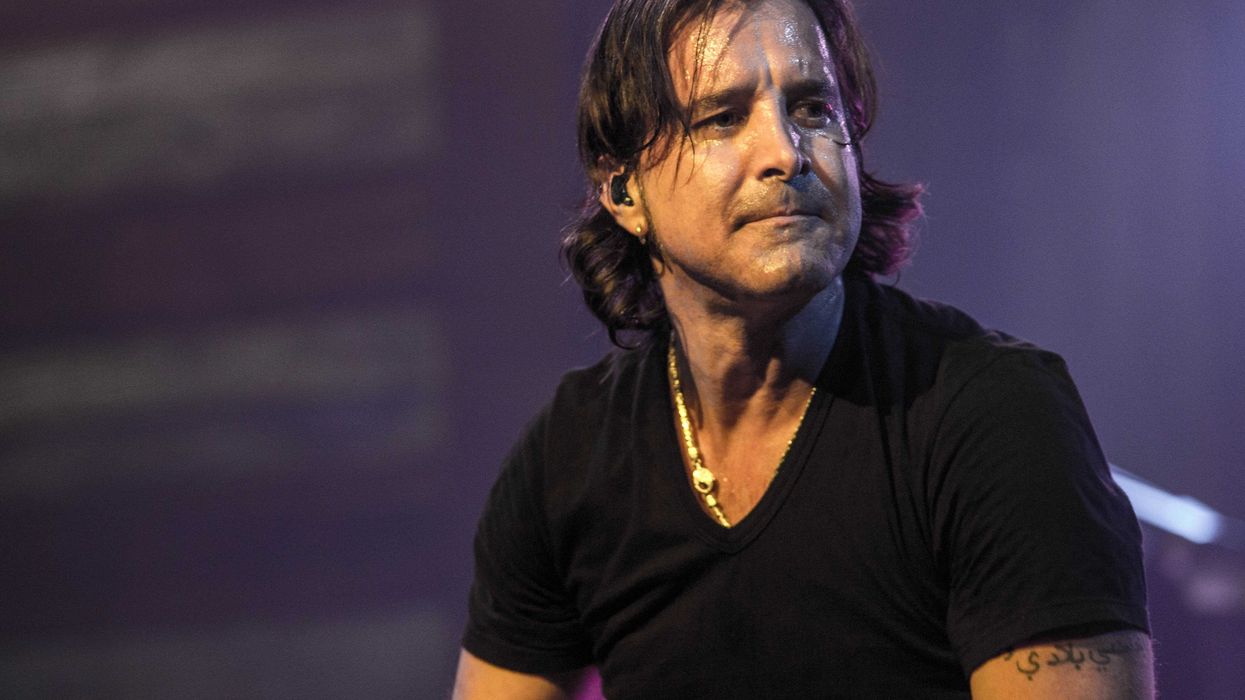

 A hand holds several lottery ticketsCanva
A hand holds several lottery ticketsCanva "Simpsons" gif of newscaster winning the lotto via
"Simpsons" gif of newscaster winning the lotto via